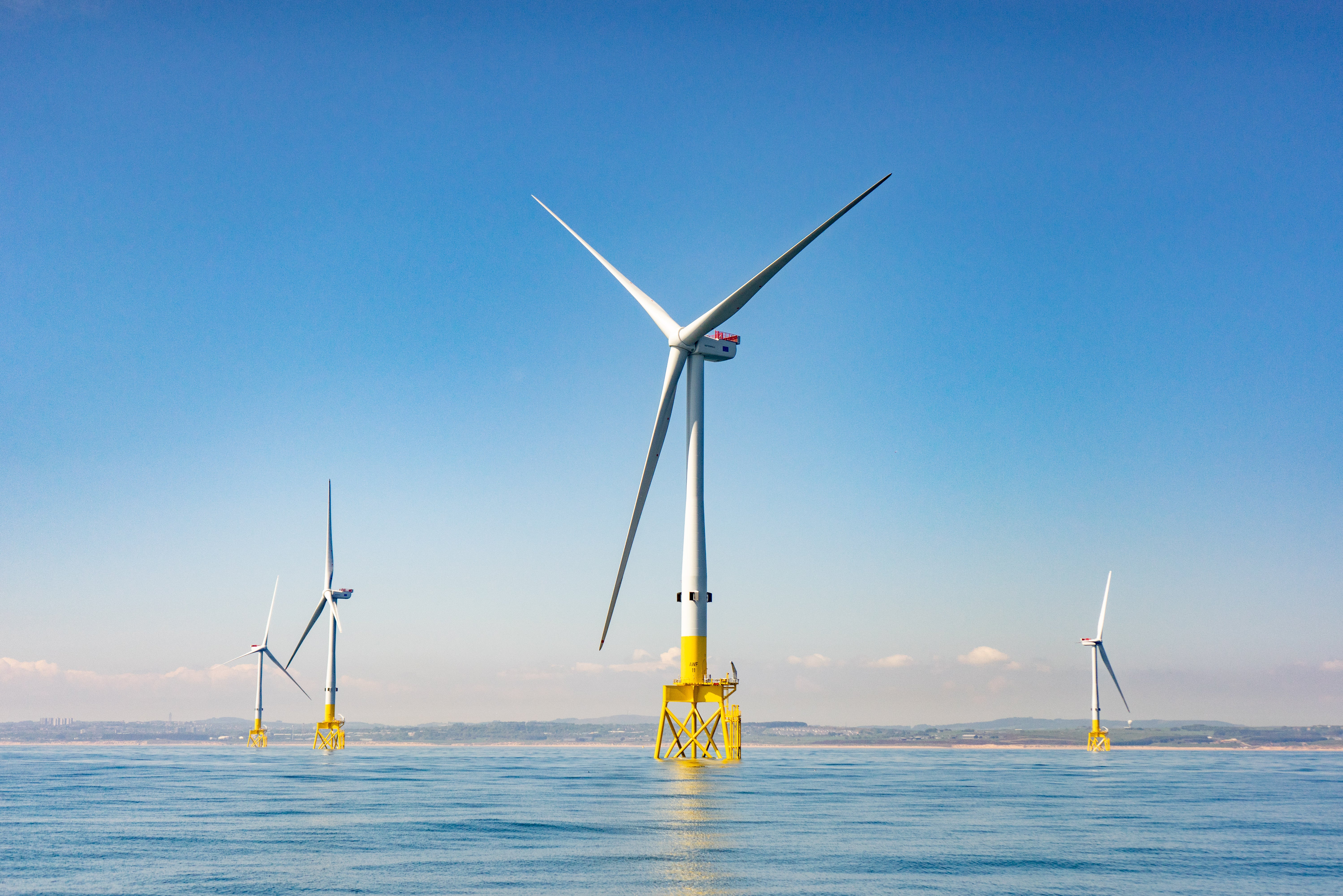Why we can never hear enough about the case for net zero
It is vital that people like CBI director-general Tony Danker continue to face down the reductive arguments against a push for climate initatives as we face an energy crisis, writes James Moore. Investment in a greener future will pay rich dividends


One of the many problems created by the energy price spike is the door it appears to have opened for those seeking to downplay the climate crisis.
The case presented by these fans of hoary old fiction that ought long ago to have been cast into the recycling bin at the back of the British Library goes something like this:
“With prices like those we are seeing today, we simply can’t afford to go green... That being the case, let’s dump all those green levies and instead divert resources into subsidising new North Sea fossil fuel projects, boosting gas storage, and pushing ahead with fracking in places where no one will bother if the locals make a fuss about the possible polluting of the water table. Or earthquakes.”
Or: “Renewable energy? It’s just too expensive. Too unreliable. But maybe we could build some nuclear power plants if we could just persuade someone to pony up the vast amount of cash they eat up. Anyone out there willing? France? Germany? Um... America? Anyone?”
These are self-evidently reductive arguments. The trouble is, they appear to be quite popular among Tory backbenchers, who have been looking with alarm at the cost of living crisis, the anaemic economy, and especially their declining poll ratings, and casting around for simplistic solutions that they think might win approval from the conservative media if not the electorate.
The CBI’s director-general Tony Danker, metaphorically donning a silk gown and one of those silly wigs British barristers like to wear, mounted an effective case for the defence in a speech at the business group’s Net Zero Conference at the Science Museum (a nice touch that) in London. The UK’s biggest business group baldly stated that net zero sceptics were “wrong”, and that far from being too expensive, decarbonisation would instead prove to be a “massive boost” to the economy.
“Business and government must show decarbonisation is the solution, not the problem,” Danker declared. “We must show now how it delivers lower bills, better jobs, and brighter economic prospects.”
It wasn’t all that long ago that this sort of comment from a CBI director-general would have been unthinkable. You’d hear such things from green pressure groups, and read them in the leader column of The Independent, but that was about it. That they are now very much a part of the mainstream is a welcome sign.
But what was particularly important about Danker’s speech was his use of an economic argument to swat the deniers. The scientific one has long been proven, but the economic case is still seen by parts of the pro-pollution lobby as one of its strengths.
It really isn’t. It might not seem that way at the moment, because there is still work to be done, but the UK is benefiting from being an “early mover” when it comes to green growth opportunities such as offshore wind. This will increasingly become clear if the government, or a more competent replacement, holds its nerve.
The energy crisis, along with Russia’s savagery in Ukraine, has also cast the spotlight on energy security – which further argues for the UK, if you’ll pardon the expression, stepping on the renewable energy gas. The rewards will be not just lower bills, but also high-quality jobs.
Danker also made a strong case for improving energy efficiency and insulation, something else that the green lobby has long called for.
He pointed out that UK homes leak heat up to three times faster than the more energy-efficient dwellings in countries such as Germany. Government cuts to climate policies over the last decade, including energy efficiency measures that might have come in very handy today, have added around £2.5bn to the nation’s energy bills, costing households over £40 extra per year. If you want a worked example of a “false economy”, it is there.
To be on track to achieve its net zero targets, the UK needs to invest around £5.2bn every year until 2035 in making homes more energy efficient – that’s £1.7bn from public money and £3.5bn from landlords and homeowners.
Expensive? It might look that way until you consider that higher energy bills, and the horrible inflation that has resulted from them, cost the chancellor, Rishi Sunak, £22bn in support in the spring and another £15bn in May. Goodness only knows what October will bring.
Needless to say, the chancellor’s spending spree was nothing short of a bailout. Had there been greater investment in the preceding years, the level of intervention required now would have been much, much lower. Changing tack by boosting investment will help to ensure that there is no need for such measures in future.
So, case closed?
It ought to be. The trouble is, even a penalty kick like this one won’t stop the carping of the few. Fortunately, public opinion is against them. However, Danker may well need to repeat his arguments to keep it that way, as will others.
The information age has unfortunately morphed into the stupid age, in which bad arguments, bad science, myth and prejudice can all too easily take hold. This helps to explain why climate denial is still, regrettably, a thing.






Join our commenting forum
Join thought-provoking conversations, follow other Independent readers and see their replies
Comments